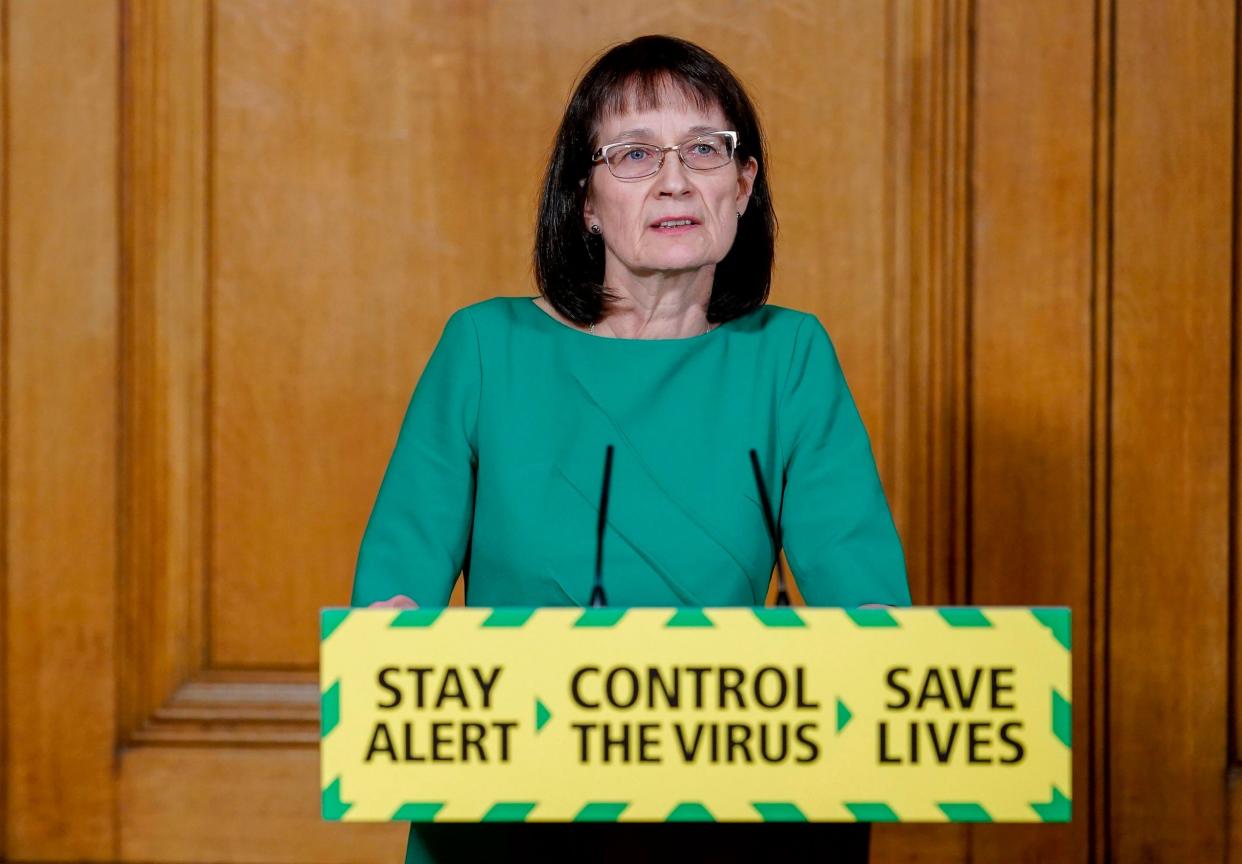The government can’t just follow the science – we need ethics to guide us out of lockdown

Signage has been of particular importance throughout the pandemic. Like exit signs on the motorway, the mantra “Stay home-Protect the NHS-Save lives” was a clear and consistent message that by following this path, staying on this course, the UK would find itself more or less in one piece after lockdown.
Now, as the UK looks to come out of lockdown, we find ourselves following a road map, a yellow brick road purportedly drawn by “the science”, that will lead us to safety. Many have criticised this map, questioning how and who developed it. But there’s also the question of whether it is the right road map of the many possible ones we could follow.
The UK government has been clear all along that it is “following the science”, but as I, alongside respected medical ethicists in the UK, have recently argued, this perpetuates a myth about that science: that it is somehow morally neutral, objective and illuminates only one way forward for navigating the crisis. This is not the case. Instead there are many roads out of the pandemic, each one dependent on how we value the science used to draw the map. In a sense, all roads lead to Rome, but which road we take determines the difficulty of the voyage itself, and most importantly, in what state the UK will be in when it gets there.
To determine the right map to follow we need leadership that openly and transparently consults with ethicists to determine the best, most ethical, way for our country to navigate the pandemic. Ethics is the cartographer that can show us the right road to take. It can help us determine not what we can do, but what we should do.
For example, we can collect personal data through track and trace technology, but what should we do with that data? How do we use it in such a way that it protects the public, while also preserving privacy, avoiding use of that data to discriminate or profit from those affected by the virus? We need to follow the ethics just as much as the government claims to be following the science in order to answer those questions.
The best way this can be done is by the government showing ethical leadership. Until now there has been very little transparency from the government about how they have been informed by ethics in their response to the pandemic. The government has a Moral and Ethical Advisory Group (MEAG), but despite their briefing to provide clear, national ethics guidance for pandemic emergencies, they have been curiously quiet. As if the government knows they must show they are aware there will be issues of ethical concern but has no desire to truly map them.
In the vacuum left by a lack of national guidance, ethical frameworks and approaches have sprung up in individual surgeries, hospitals, trusts, and across professional bodies. It is a confusing and inconsistent message that signals there is an “ethical” way to act in the pandemic, but without any guidance as to how to go about doing so with consistency. To return to the government’s road map analogy, where the ethics signposts should be to indicate which exits, which side roads to take to best reach our destination, the sat-nav is instead leading us into terra incognita. This will not do.
It is not enough to say, “There be dragons”, and walk away. The government must show true ethical leadership by transparently and openly engaging with ethicists (their own MEAG and others) on developing the way forward through the quagmire of ethical conundrums that the pandemic has uncovered. Ethicists are needed to advise on the development of robust policy for Covid-19 immunity testing, vaccine development, track and trace, research ethics on all aspects of work looking into the virus, health inequalities, frontline staff safety, rationing of resources, end-of-life planning, and the list goes on and on. These are not value neutral concepts - an ethical road map is required to help navigate our way through these pit stops to recovery.
Presenting the solution to be as simple as “following the science” misleads the public into thinking that science alone will save us. In claiming that the science will show us the way, the politicians are also distancing themselves from their responsibilities towards the British people. If they make a mistake when they create policy or implement measures, it was not their fault, it was “science” that got it wrong.
Already the “science” has been blamed for the government’s mistakes. However, science, and the policy it informs, is not neutral. How we value what science tells us is linked to what we value in our society too. Policy is the operationalisation of this value; it takes what we consider most important and turns that into rules around how we act according to that value.
Government cannot just follow the science. It has a role, but there are value decisions to be made that will shape society for the coming months and beyond, and these need to be made by politicians who have first been guided by ethicists on the right road to take.
Dr Alexis Paton is a lecturer in social epidemiology and the sociology of health at Aston University, chair of the Committee on Ethical Issues in Medicine at the Royal College of Physicians, and a trustee of the Institute of Medical Ethics

 Yahoo News
Yahoo News 
